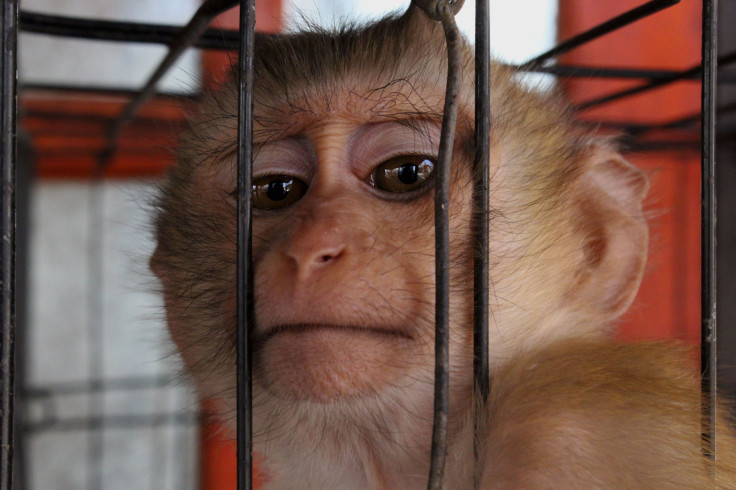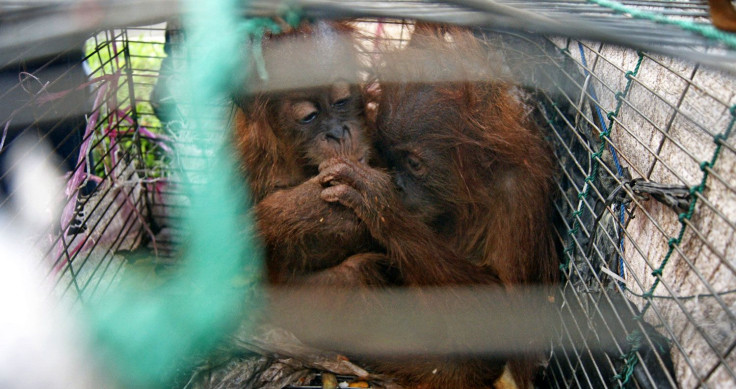Orangutan Project Highlights Connection Between Wildlife Trade, Wild Animal Markets And COVID-19

Signed by more than 6,100 people from across the globe, The Orangutan Project, an organization focused on securing the survival of critically endangered species including orangutans, has launched a petition explaining that wildlife markets (sometimes called "wet markets"), where the victims of the wildlife trade often end up, have been incubators for a growing number of deadly viruses including SARS, Ebola and now COVID-19.
According to the organization, while wild animals do not transmit COVID-19 to humans when in their natural environment, it is believed that the disease emerged in a wildlife market, where wild species that would not naturally come into contact with each other are traded and killed in cramped, unhygienic conditions. These species would be stressed, immunosuppressed and excreting pathogens onto the caged animals below them, which are then consumed by humans. It is at that point that a new disease may have emerged.
"The Global Wildlife trade is a multibillion-dollar industry and has been an ecological disaster for many years," said Leif Cocks, OAM, the president and founder of The Orangutan Project. "Closely aligned to the illegal drug and weapons trade, it is causing the rapid extinction of many vulnerable species and it has now caused a humanitarian crisis.
"We are calling on governments across the world to introduce and enforce legislation to close wildlife markets and reduce the commercial demand for live animals. We also call for them to introduce community education and awareness campaigns to warn of the dangers of trading and consuming species including bats and demonstrably reduce demand for live wild animals and the products derived from them."
Cocks, who was awarded an Order of Australia medal this year for his work in conservation, also stressed that there is no evidence to suggest that, outside the deplorable conditions of these markets, the virus could be transmitted or spread from other animals to humans.

"You will not catch this virus from your pets," Cocks said. "For example, humans have evolved over thousands of years to live closely with our dogs in a symbiotic relationship. This is very different from wild animals and domesticated food animals. Bird flu (chickens), swine flu (pigs) and now COVID-19 (bats) are all a result of the unnatural treatment of these sentient beings that humans have not had time, since the evolutionary recent Agricultural Revolution, to evolve to live safely together with."
The Orangutan Project's petition calls on the World Health Organization, United Nations Environment Programme and International Epizoologie to use their authority to encourage governments across the world to introduce and enforce legislation to close wildlife markets and to introduce mechanisms to significantly and demonstrably reduce demand for live wild animals and the products derived from them.
Published by Medicaldaily.com



























